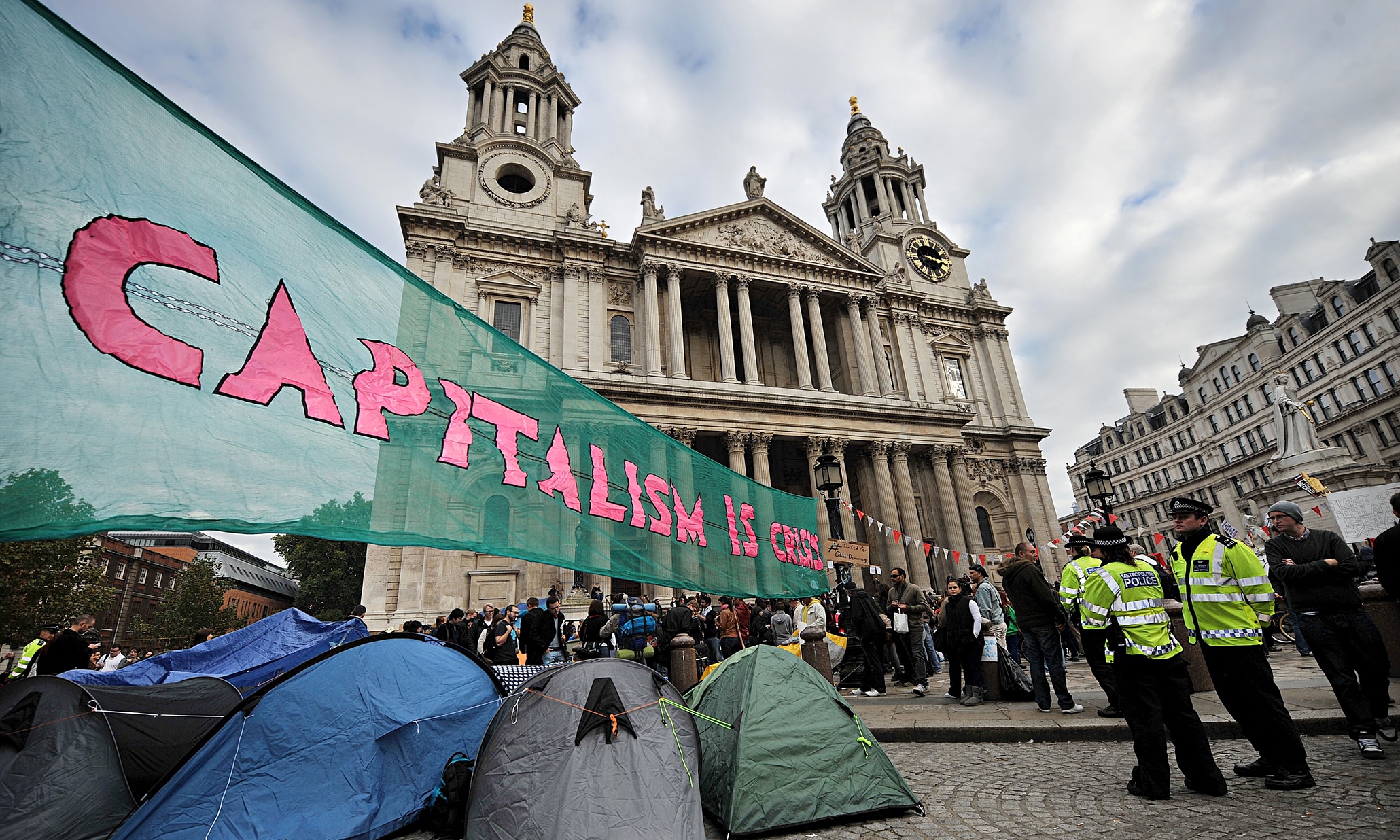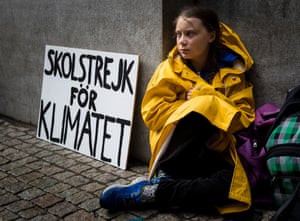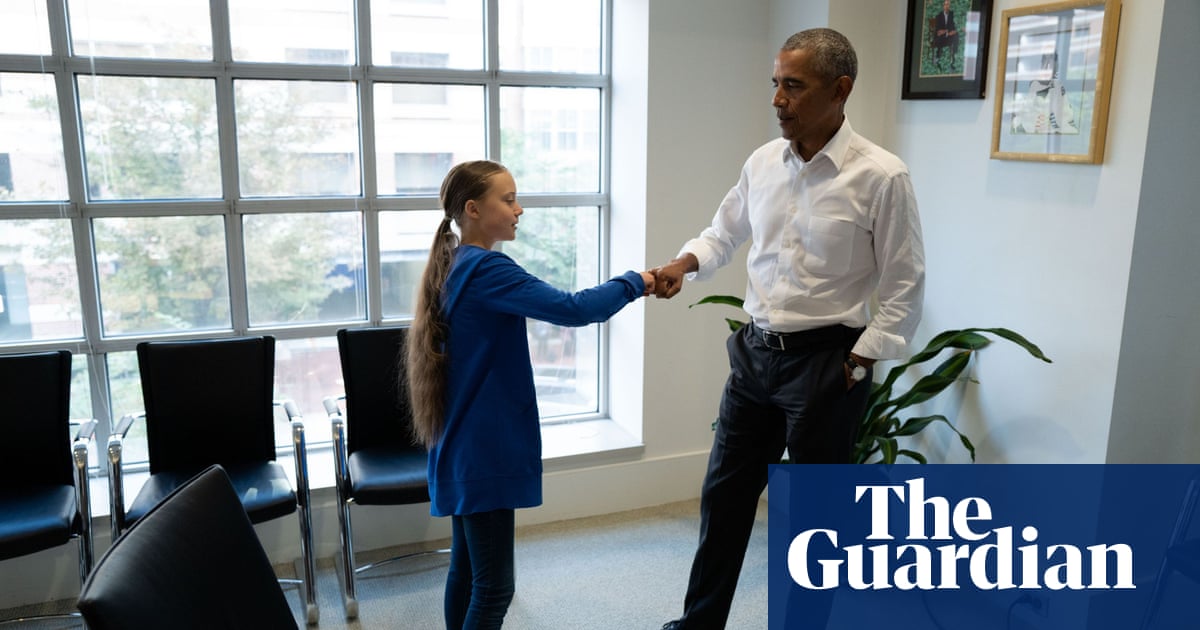A sermon preached at St Mary's and Christ Church, Hendon on Sunday 22 September: Yes, I was watching Strictly last night- the glitz and glamour; and perhaps that's how we like our parables. Today's story is more complex however - a bit like taking lessons from The Aprrentice. Yet the image that really resonated was that of listening to the chlldren of this age - quite literally the children striking for climate action. That also chimed with Amos's prophetic message; and Paul's plea to pray for what is good and right. The texts were: Amos 8.4-7; 1 Timothy 2.1-7; Luke 16.1-13
It’s that time of year when celebs are ‘strictlified’: from a vlogger to a viscountess, from a comedian to a CBBC presenter. There’s a surfeit of sequins and spray tans; kicks, flicks, chassis and swivels.
And perhaps that’s how we like our parables too: nice, comfortable and familiar; the biblical equivalent to cosy Saturday night TV.
We may think that today’s parable is more like expecting to develop our ethical code from the boardroom shenanigans of the next season of The Apprentice.
The swagger and desperation of their deals to the ruthlessness on show in the board room finds an echo in the story of the rich man and the manager: there’s evidence shrewdness, decisive self-interest, dishonesty and squandering money; there’s a quick fire reckoning but no time to answer before a judgment gets made.
You’re Fired!
It’s possible to imagine the manager sitting in the Apprentice cafe sullenly stirring his tea as he contemplates his future without a job; without access to a millionaire’s cash.
How do we enter into this parable?
When we hear the words ‘rich man’, do we assume that Jesus is building up to a rebuke based on wealth?
When we hear of the manager being sent away, do we think that his attitude to squandering money will change as it did for the prodigal son?
As with any parable, it’s not always helpful to try to tidy it up in order to present one neat moral message. If we do, we risk reducing the challenge to one of being ‘nice’.
The story Jesus tells is uncomfortable.
It is a worldly tale which frames recognisable concerns about wealth and fear of destitution; of pride and dishonesty; of self-interest and gaming the system.
Judgements and decisions are made quickly, yet the motivations are complicated.
The rich man doesn’t investigate the rumour he’s heard; he doesn’t give the manager time to account for himself; he’s dismissed on the spot.
The manager has to secure a living and find friends: he uses economic dealings to win hospitality. The speed with which he acts could be more indicative of self-interest than compassion - and yet is not cancelling interest and aliening debt a sign of mercy?
The welcome he might receive is set on ambiguous terms - are his new friends embracing him out of gratitude or because of his capacity to defraud?
Yes, this is uncomfortable stuff.
Jesus is interrogating our values; not condoning dishonesty.
Our values are often interrogated publicly and collectively: for example, Archbishop Justin’s condemnation of pay day lenders was followed by the revelation that the church held shares in Wonga, which led to a review of the investment portfolio and a campaign to seek justice for those facing debt burdens.
Or we might think of Occupy London protesting against the wealth of the 1% in the church yard around St Paul’s in 2011. For some, it served as a modern day parable; a defining moment highlighting the need to reform financial structures, seeking a more sustainable future. For others there’s a legacy of hurt and anger; or concerns that by focusing on the cathedral, the protest lost sight of its primary concern.
A year later, Dean David talked about the need for ongoing reflection on the morality, integrity, and regulation of the financial sector. He also stressed the need to interrogate the values at the heart of the Christian faith; learning to navigate some of the challenges and projections; building stronger partnerships for the common good; seeking to communicate clearly and listen carefully.
How we address the vital issues facing our country and our world includes examining how we acted in the past - and what we will do in the future.
And perhaps its a concern for the future that lies within today’s uncomfortable parable.
An American Pastor says that Luke’s account of Jesus’ parables ‘provides an acknowledgement that there is a proper use of wealth that is entirely antithetical to the behaviour of his own one percent: Give a banquet, not a private feast; live in community, not separation; and promote human flourishing, not personalised profit.’
This is about acting now in a way which echos God’s Kingdom.
How does what we are faithful to on earth reflect the treasure of heaven?
The manager has stewardship of the rich man’s business. We don’t know how honest or competent he was. But we do know that in the face of dismissal, he looks to his future.
Whether he was a cheat and scoundrel or a compassionate radical, he acts with foresight. A child of this age has the ingenuity to challenge the children of light.
We also have a vision of the future, albeit with different values.
As Dean David reflected, we are to use whatever wealth or influence or power we have to make friends; to cultivate partnerships; to build strong relationships.
We are to seek, anticipate, build and reflect the values of God’s Kingdom.
And there perhaps release from debt or unjust dismissal stands alongside Jesus concern for the feasting with the poor and marginalised.
If we cannot service God and wealth, were do we place our primary allegiance: are we children of this age or do we reflect another Kingdom?
Over recent weeks, the phrase ‘children of this age’ has a different ring to it.
On Friday, from Tavula to New York, millions protested over climate change; yesterday’s headlines called it ‘The day the world took to the streets’. One of the most iconic photos over this movement to speak and act is Greta Thunberg - pictured sitting alone outside the Swedish Parliament last August; this week she was pictured shaking hands with Barak Obama who called her ‘one of our planet’s greatest activists’.
Such protests embody something of concerns expressed by the prophet Amos. He challenged the self-interest, profiteering and ruthlessness of those in power. In trampling the needy and ruining the poor they shied away from being accountable for their actions.
There would be a reckoning, however. His ability to look towards a future judgement and to name the consequences of injustice was part of his prophetic leverage. Revealing the worst case scenario and consequences of their actions was an encouragement to change.
Acting with foresight and interrogating our values can transform our world.
Such foresight beings with prayer: when we come before God with the concerns of our hearts - out hopes and fears, our burdens and longings - we are changed.
As we stand in the presence of a loving God, we increase our capacity to act with love; aligning our wills with God’s wills; allowing the values of God’s kingdom to shape our actions and priorities.
Paul also exhorts us to pray for everyone: asking, thanking, petitioning, interceding. He names the particular call to pray for those in high positions. And as we pray, we set our worldly reality in the context of God’s peaceable kingdom.
Prayer reminds us and strengthens us to seek all that is good and right and acceptable; it names the dignity of rich and poor; it acknowledges our capacity for change; to foster justice rather than hatred.
Prayer places our current situation of climate protests and political debate within the broader context of God’s story. It changes our frame of reference and gives us courage to refuse the status quo.
Dare we listen to our children? We will allow them to interrogate our values?
It is Christ who is the mediator between God and humankind; Christ who gave himself for all. Christ who gives himself to us afresh in bread and wine.
Our hope is that this truth will turn hearts and minds. That our lifestyles and actions will reflect the values of justice and compassion. Let us pray that we might trust in this ultimate reality.
In the power of the Spirit, may we live and work with confidence, compassion and creativity for a kingdom of justice and peace. We do this for the sake of our children and of our planet.
© Julie Gittoes 2019




